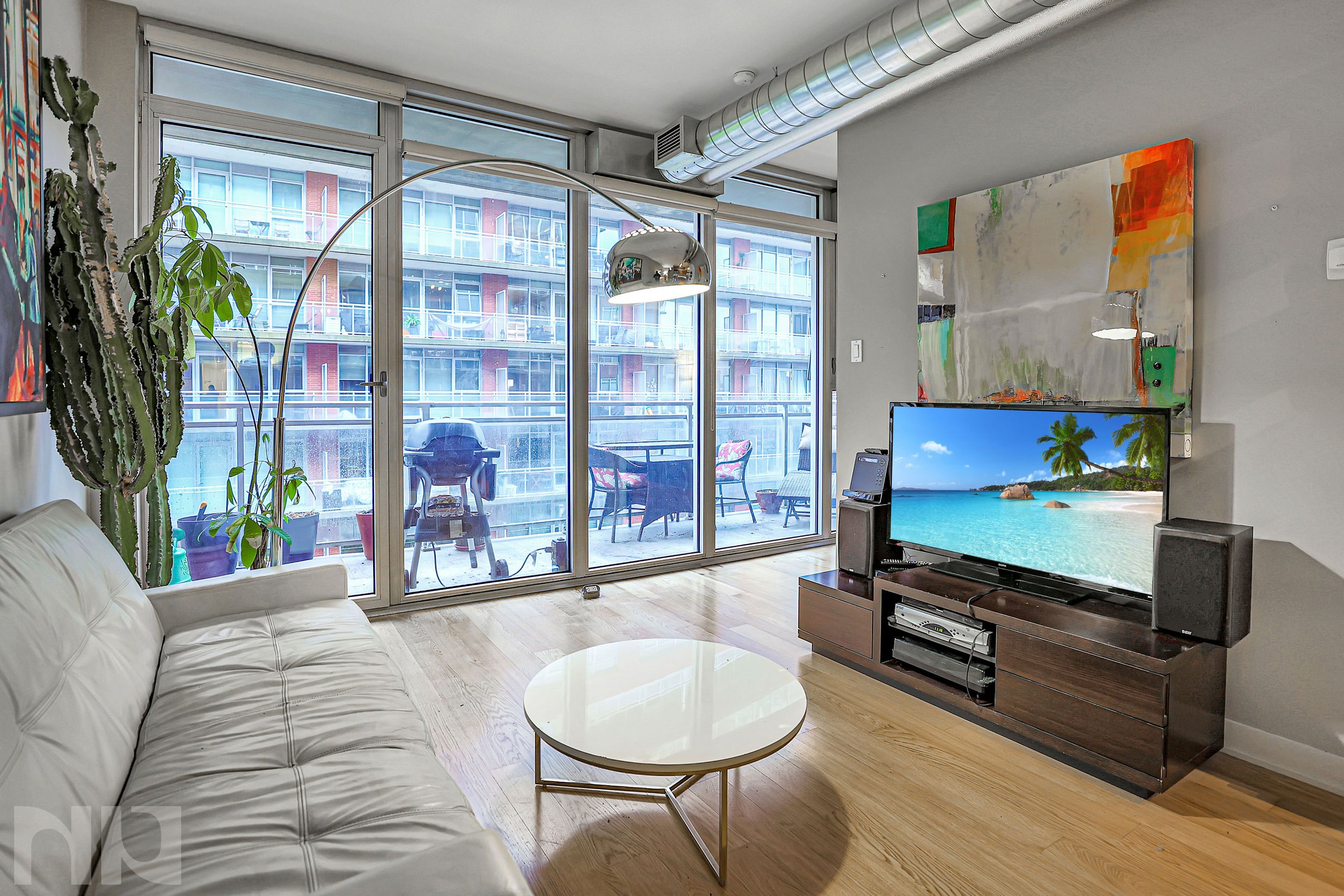Reimagining Industrial Spaces: Remarkable Conversion Projects in Ottawa
Ottawa is witnessing a remarkable transformation as industrial spaces are reimagined and converted into dynamic, multi-functional environments. These projects breathe new life into forgotten buildings, contribute to neighbourhood revitalization, and foster a sense of community and connection to Ottawa residents. In this blog post, we will delve into several outstanding conversion projects in Ottawa, showcasing how industrial spaces have been repurposed to meet modern needs and create unique spaces that blend history with contemporary functionality.
The Ottawa Train Yards: A Retail and Entertainment Destination:
The Ottawa Train Yards stands as a prime example of industrial space conversion. This former Canadian Pacific Railway repair facility has been transformed into a thriving shopping and entertainment destination. Retaining the industrial charm, the repurposed buildings now house a diverse array of retail outlets, restaurants, and entertainment venues. Exposed brick walls, high ceilings, and large windows create a captivating atmosphere, attracting both locals and visitors.
Yard and Station: Industrial-Chic Residences:
The Yard and Station project showcases the conversion of industrial spaces into stylish residential dwellings. Once a school built in 1933, the lofts now offer contemporary living experiences with their soaring ceilings, open floor plans, and industrial-inspired design elements. Residents enjoy the charm of exposed beams, concrete floors, and factory-style windows, combining industrial aesthetics with modern comfort. The redevelopment was approached as nine custom homes, taking advantage of the "blank canvas" that was offered by the renovation. As such, each purchaser was able to customize their plan to their unique style - showing how much customization can come from repurposing an older building.
Arts Court: A Cultural Hub:
Arts Court is a remarkable adaptive reuse project that transformed a former courthouse and adjacent buildings into a vibrant arts and cultural center. The repurposed site now houses state-of-the-art performance spaces, art galleries, studios, and educational facilities. By preserving its architectural significance, Arts Court not only pays homage to its history but also nurtures artistic expression, community engagement, and cultural enrichment. Arts Court features over 19 arts organizations.
Zibi: Sustainable Urban Development:
Zibi, a visionary development spanning both sides of the Ottawa River, embraces sustainable urbanism through the conversion of industrial sites. This ambitious project transforms former industrial lands into a sustainable and interconnected community, featuring residential buildings, commercial spaces, parks, and recreational amenities. By incorporating green building practices, renewable energy systems, and waterfront revitalization, Zibi sets an example of how industrial space conversion can contribute to a more sustainable future.
The Glebe Community Center: Preserving History and Community:
The Glebe Community Center, housed in a former church building, stands as a testament to adaptive reuse for community development. This historic space offers a wide range of recreational programs, social gatherings, and community events. The preservation of original architectural features, including a grand staircase and stained-glass windows, honours the building's past while providing a welcoming space for residents of all ages to come together.
The Diefenbunker: From Cold War Bunker to Museum:
The Diefenbunker, once a top-secret Cold War-era bunker, has been transformed into a fascinating museum. This conversion project preserves the unique character of the bunker while educating visitors about Canada's Cold War history. Exploring the underground tunnels and rooms offers a captivating glimpse into the past, making it an intriguing cultural and historical attraction in Ottawa.
The reimagining of industrial spaces in Ottawa represents a transformative trend in urban development. Through remarkable conversion projects, these spaces are repurposed into vibrant community hubs, residential lofts, cultural centers, and sustainable developments. These projects preserve architectural heritage while adapting to modern needs, contributing to the city's identity, promoting community engagement, and creating spaces that seamlessly blend historical character with contemporary functionality. Ottawa's ongoing evolution promises further opportunities for industrial space conversions, each with its own distinct story and contribution to the city's urban fabric.































